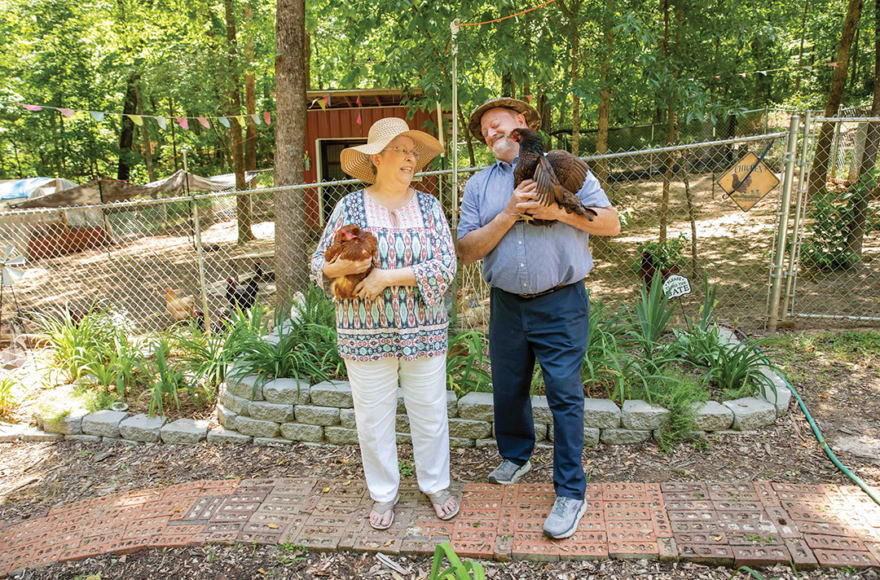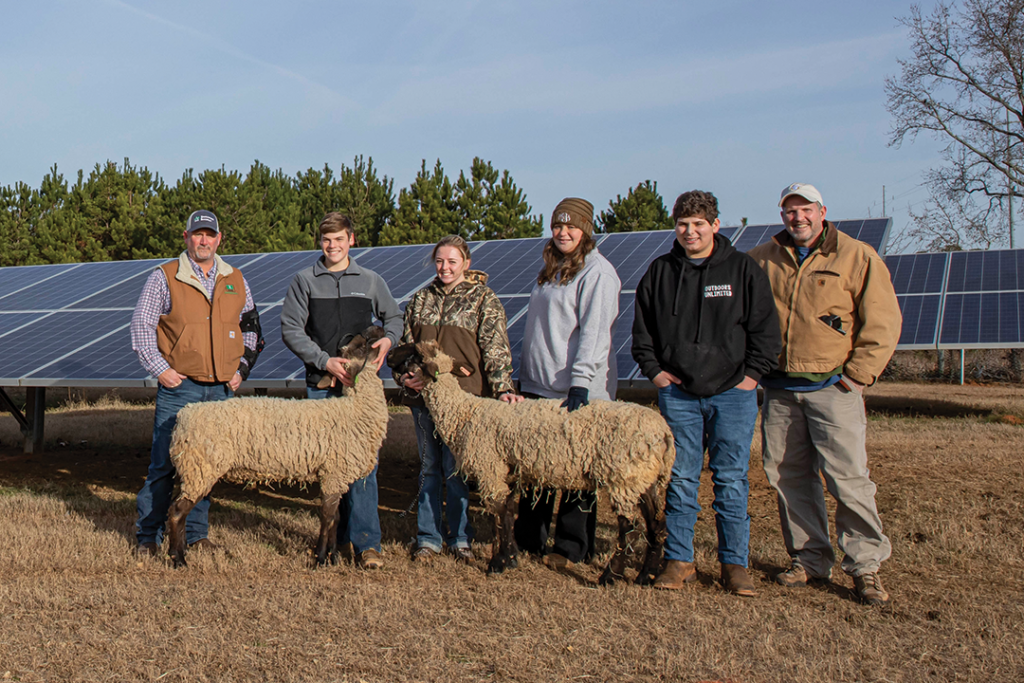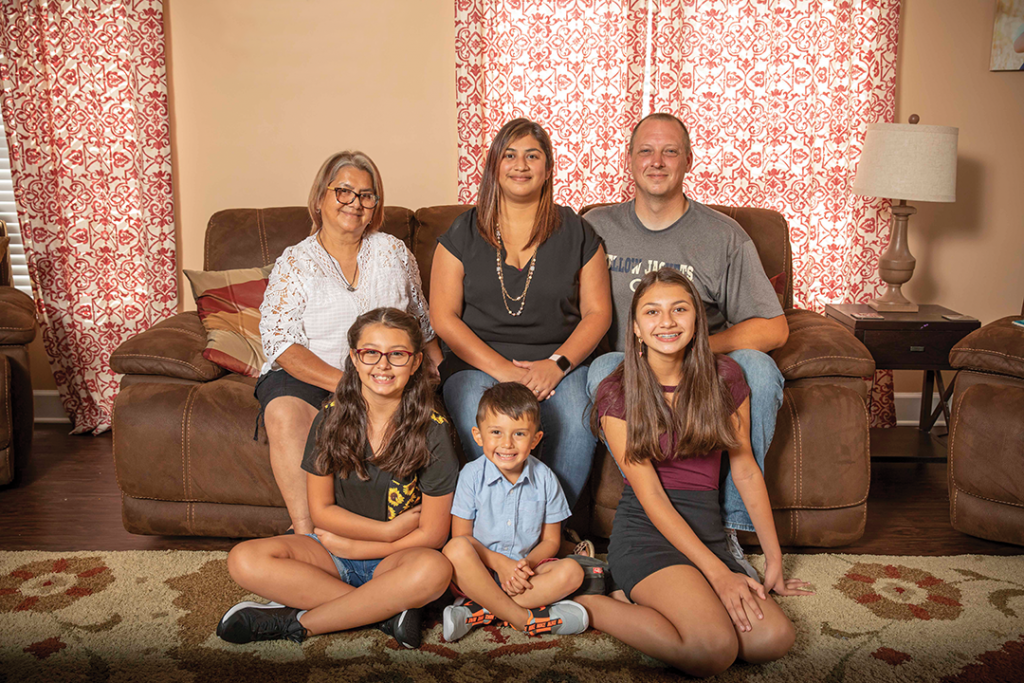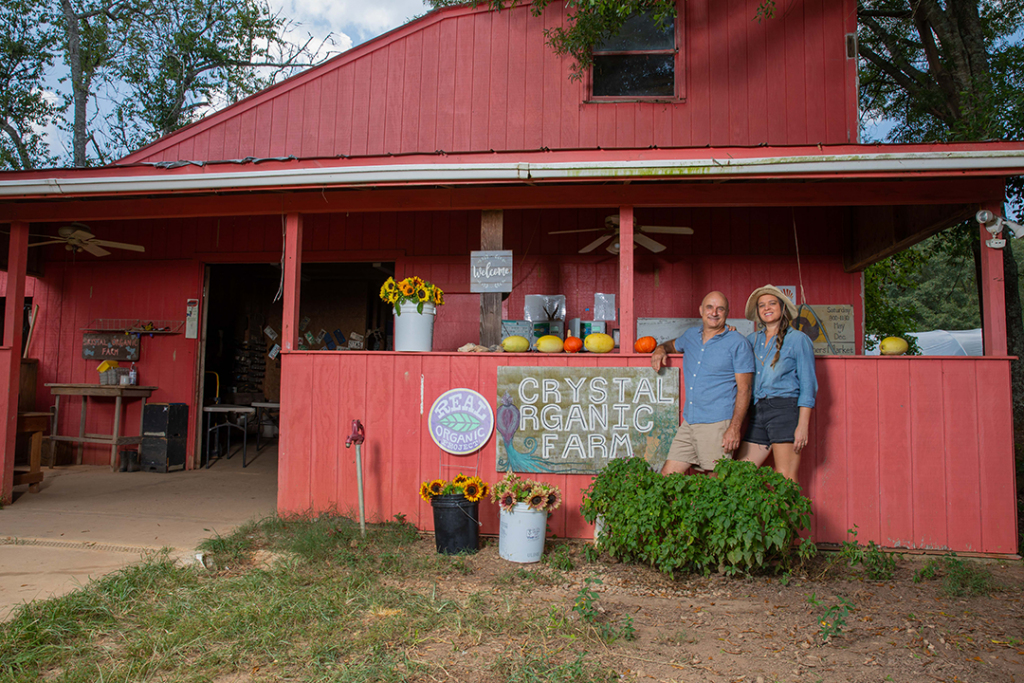Homesteaders John and Laurie Hines have freed themselves from some of the cares and concerns associated with a plug-and-play world that seems to grow more chaotic by the day, choosing instead to walk down a more serene, self-sufficient path.
Supply shortages are a real problem for many Americans today. It seems as though every time one goes into a store, at least one entire section of shelves sits empty. Everyone has an opinion as to where fault lies and what could be done differently, but those kinds of widespread, far-reaching issues require cooperation on a variety of fronts in order for us to arrive at effective solutions. Naturally, this subject involves divisive matters. Perhaps we should be asking ourselves other questions: Is this going to get worse? What can I do about it in my own life right now?
John and Laurie Hines carry little personal worry about whether or not the situation will deteriorate because of what they decided to do about it a long time ago. For Laurie, who grew up in Atlanta, homesteading was an alien thought when they first started out. However, the appeal of being self-sufficient and getting away from chemicals, hormones and pesticides was too strong to not try. Through personal research, trial and error and good old-fashioned determination, John and Laurie have made their homestead work for them.
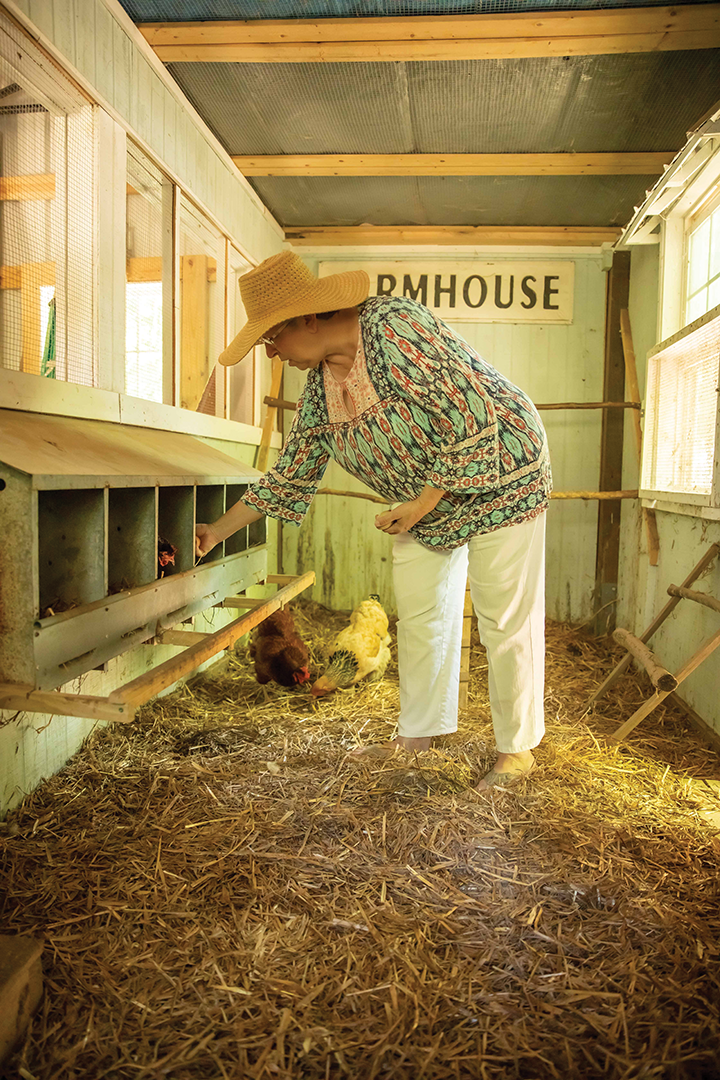
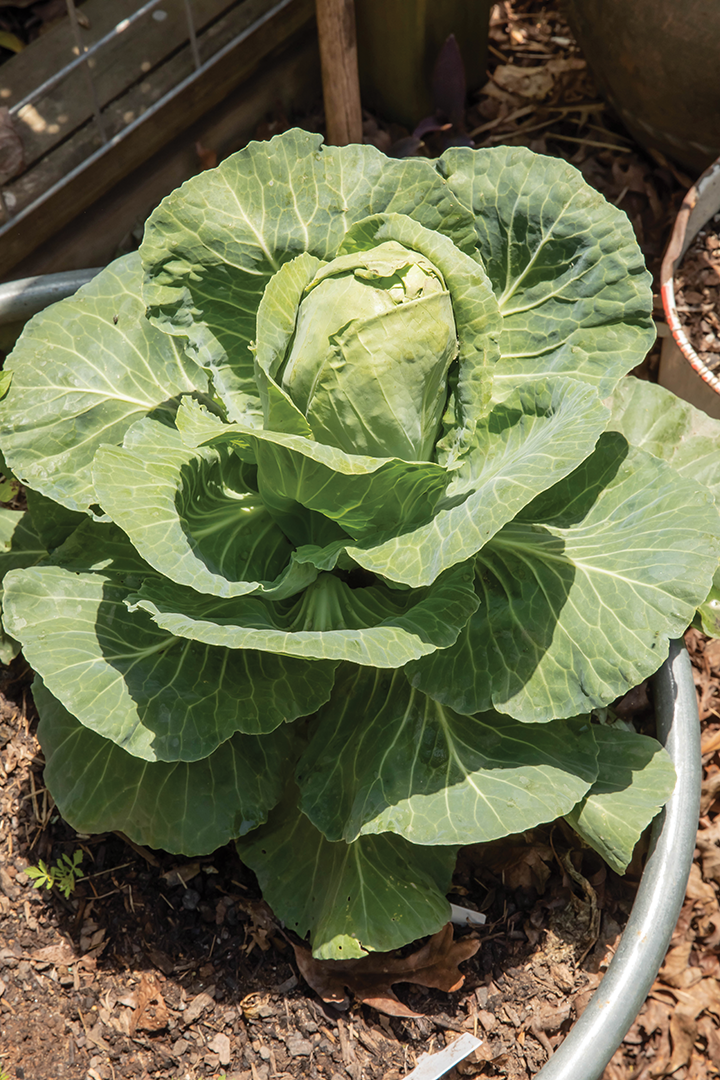
This is not to say the Hineses did not experience difficulties. Sloping ground was conquered by building terraces and using containers and raised beds. Trees were cleared to make room for more garden space. Fences had to be constructed to keep the wild animals at bay. One of John’s favorite T-shirts features his personal motto: “Grow Food; Build Stuff; Repeat.”
“You have to be resourceful,” John said. “Learn to scavenge for what you need, never let anything go to waste and don’t forget to build relationships. Don’t be afraid to ask for what you need to get started.”
The rewards have been well worth the effort. Laurie loves the idea of being able to “pick your dinner,” and from her standpoint, everything “just tastes better” when fresh. Laurie admits she “can’t imagine giving it up”—it being the responsibility to shape her land and make it productive for her and her family. As she put it, fresh air, peace and daily exercise combine to serve as their “drug of choice.” Laurie enjoys the balance between man and nature, with man being subject to what nature produces in its seasons and man cultivating nature to supply him with what he needs.
“You have to be resourceful. Learn to scavenge for what you need, never let anything go to waste and don’t forget to build relationships.”
John Hines
The biggest myth John and Laurie dispelled? None of it just happened. It takes careful planning—that falls to Laurie—and discipline to see it through. Raising chickens was the gateway, they both said. You can feed the chickens from the garden and use the chicken manure for fertilizer. Chickens produce meat and eggs, and the remains go toward enriching the garden. Laurie admitted that a lot of people see raising chickens as “gross” and often ask her how she can stomach killing an animal. She just shrugs and answers bluntly: All animals humans eat have to die. In her case, she knows the animal was treated well, died quickly and that nothing went to waste. They use the feet for dog treats, the blood and feathers for fertilizer and the bones and guts for broth.
John and Laurie do not live completely off the grid. They still enjoy hot showers and electricity. They have air conditioning and a traditional home. They neither adhere to primitive living nor operate with a paranoid distrust of society. They are motivated by the peace of mind that comes from knowing they can and do support themselves and can pass on this knowledge to the coming generations.
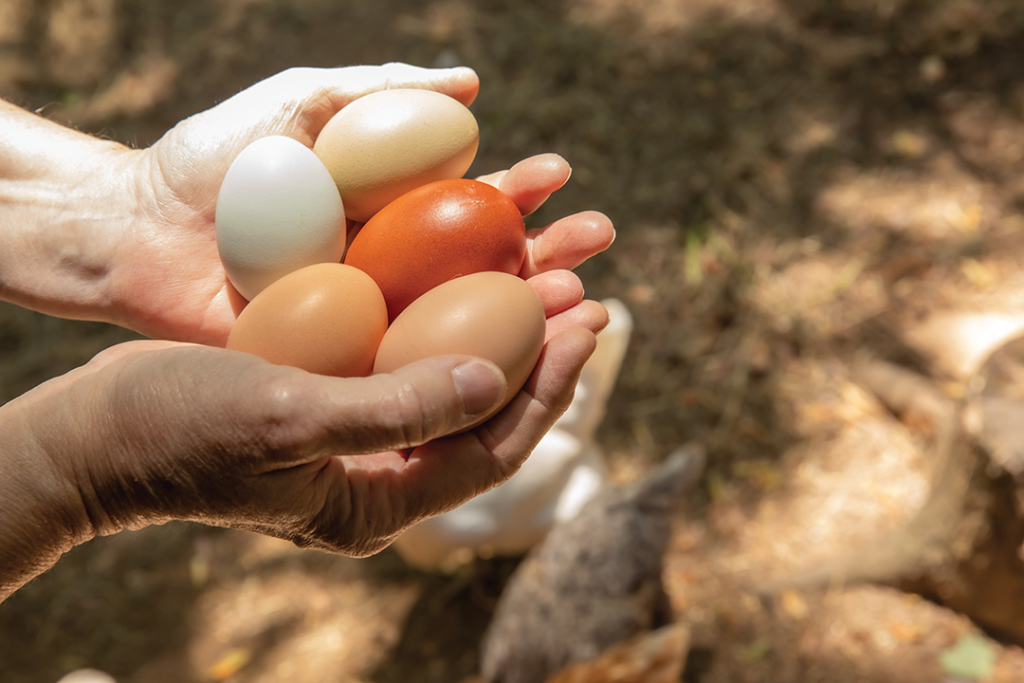
To those interested in giving homesteading a go, John and Laurie both advised to “start small.” Practice doing a few things right, then expand into new areas.
“Know your agricultural zone,” Laurie said. “You have to know what grows in your area and when it’s growing season, and once you get it right, go big or don’t bother. Don’t waste time growing things that produce just a little. Grow enough to feed you and your family, to care for your animals and to trade with others for what you want.”
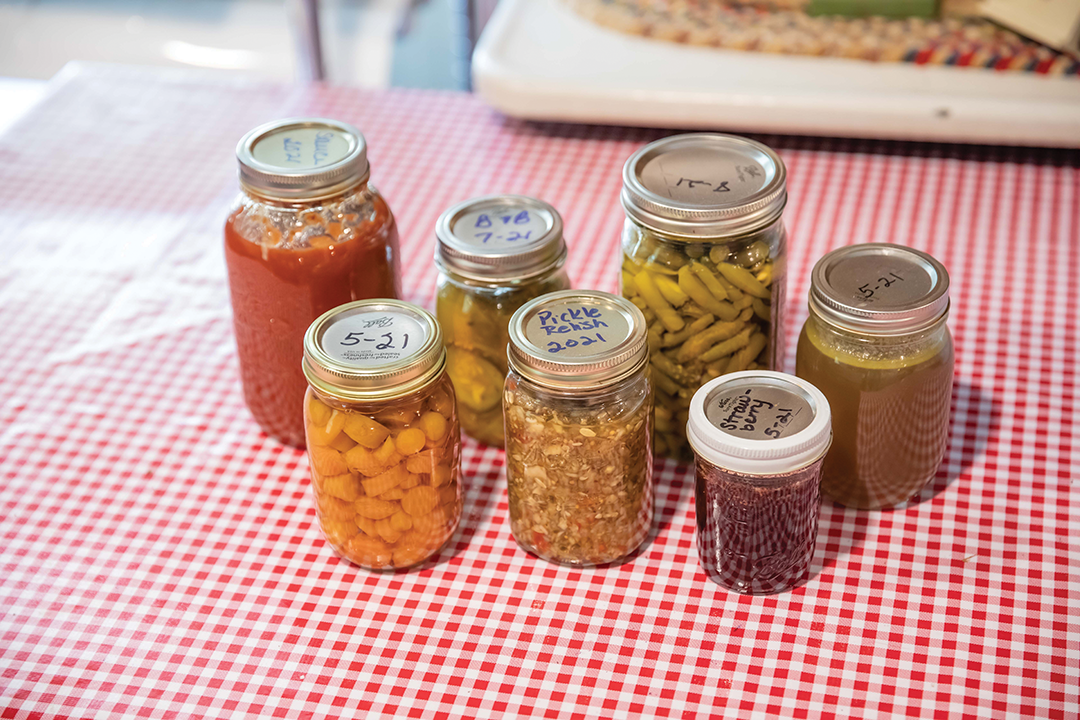
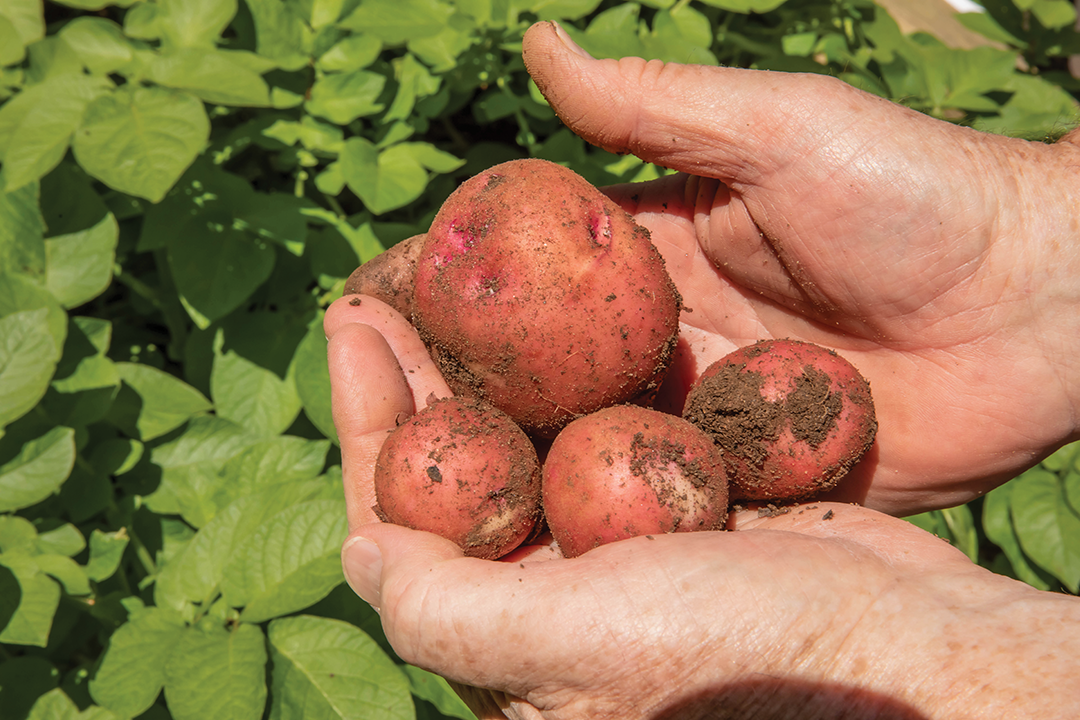
In a plug-and-play generation where people have grown accustomed to an on-demand style of living, the Hineses have taken another path. “I think I was born 50 years too late,” Laurie said. However, upon witnessing the satisfaction they take in their homestead and understanding the rewards associated with it, perhaps their simple life remains more timeless than we realize.
Click here to read more stories by John Babylon.

